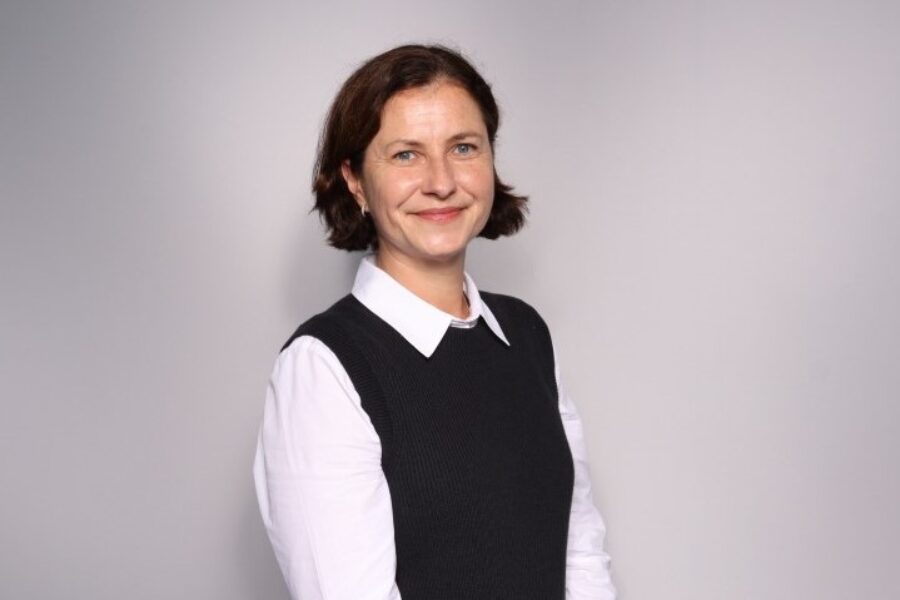
Knowledge and neurology: Transforming long-term care with technology
In March 2024, Leeds Teaching Hospitals NHS Trust (LTHT) launched a groundbreaking initiative to support individuals with conditions such as Parkinson’s disease and dementia. This aligns with the Darzi report and the Health Secretary’s vision of shifting healthcare from hospitals to communities, adopting digital solutions, and emphasising prevention.
The challenge is immense. Long-term neurological conditions already affect 70 million people globally, with numbers projected to reach 90 million within a decade. In the UK alone, these conditions cost £30 billion annually, with demand outpacing clinical capacity, leading to delayed care. These pressures impact the management of diseases like dementia and Parkinson’s, often resulting in Emergency Department visits and hospital admissions.
Digital technology offers a new way forward
At Neu Health, we asked: why not apply the same transformative digital tools used in other conditions, such as diabetes care, to neurology? Our solution turns smartphones into medical devices, enabling patients to track cognitive, motor, and behavioural functions. Through tailored exercises, phones capture data on voice, gait, balance, reaction time, and tremors, estimating clinical scores such as UPDRS and MOCA. This real-time information feeds into clinician dashboards powered by algorithms developed at Oxford University, enabling proactive, personalised care at both individual and population levels.
The pioneering clinical team at LTHT, enabled by the LTHT Innovation Pop Up and Propel@YH, Yorkshire and Humber HIN’s digital accelerator, were among the first clinical champions in the NHS to try this new approach. They were challenged with supporting a growing patient population with limited resources across a wide geographical area and recognised the need to use technology to solve this problem.
Patient-centred
The development of Neu Health’s platform has been a collaborative effort with patients and clinicians. A patient-led initiative guided the creation of an educational programme designed to enhance understanding of Parkinson’s disease and improve self-management techniques. Volunteers with Parkinson’s provided invaluable insights during a six-week co-design process, contributing over 600 hours of home health monitoring. Their feedback shaped the platform and educational materials, resulting in improvement in quality of life, increase in confidence, and access to critical knowledge about their condition that had been lacking at diagnosis.
The resulting solution integrates remote monitoring with comprehensive support aimed at proactively managing symptoms. Neu Health’s platform empowers users to take control of their condition, improving outcomes and enabling better day-to-day management.
Impact
The transformative potential of AI and data for long-term conditions like Parkinson’s and dementia is significant. At LTHT, Neu Health’s innovative approach has enabled clinicians to identify early signs of deterioration and respond proactively. By leveraging AI and objective data, clinical decisions are moving from subjective and sporadic to precise and personalised.
To date, Neu Health’s platform has supported 900 patients, generating over 300,000 data points. Outcomes include a 12% improvement in patient quality of life over six months and a 20% increase in clinic efficiency. The service evaluation at LTHT, involving over 100 patients and 500 hours of remote monitoring, showed a 19% increase in patient knowledge about their condition. Furthermore, 90% of participants expressed a desire to continue using the platform for self-management. These achievements were nationally recognised when Neu Health won the HSJ Award for Digitising Patient Care in November 2024.
Scaling
The scalability of this approach extends beyond Parkinson’s disease. In 2024, LTHT became the first NHS trust to use the platform for dementia patients, demonstrating its adaptability. Scaling requires robust platform design and rigorous data governance. Neu Health has invested in ISO 13485 BSI accreditation and developed a skilled in-house engineering team to ensure the platform can securely support a growing patient base.
As other NHS trusts adopt digital care, lessons learned from LTHT and Neu Health’s journey highlight the importance of close partnership working between the clinical team and commercial organisation to integrate into the clinical workflow. It also requires administrative support and EHR integration to unlock operational efficiencies, such as patient-initiated follow-ups.
The future
This initiative exemplifies how technology can enhance care for complex long-term conditions, achieving better outcomes while improving the experience for both patients and clinicians. Over the next decade, AI-enabled apps and medical devices will play an essential role in identifying and managing long-term conditions, offering personalised care, using clinical resources more efficiently and paving the way for breakthroughs that allow longer, healthier lives.
By continuously gathering insights from patients, clinicians, and real-world data, we will refine our platform, expand its capabilities, and address evolving healthcare needs. This ongoing collaboration ensures that innovative digital solutions remain at the forefront of neurology care, supporting LTHT’s vision of delivering exceptional, patient-centred services.
About the author: Caroline Cake, CEO and Co-Founder of Neu Health, has a 30-year career that includes roles leading Health Data Research UK (HDR UK), advising the NHS on strategic improvements, and as a Chartered Engineer. She also has personal experience from her grandmother and mother living with dementia.